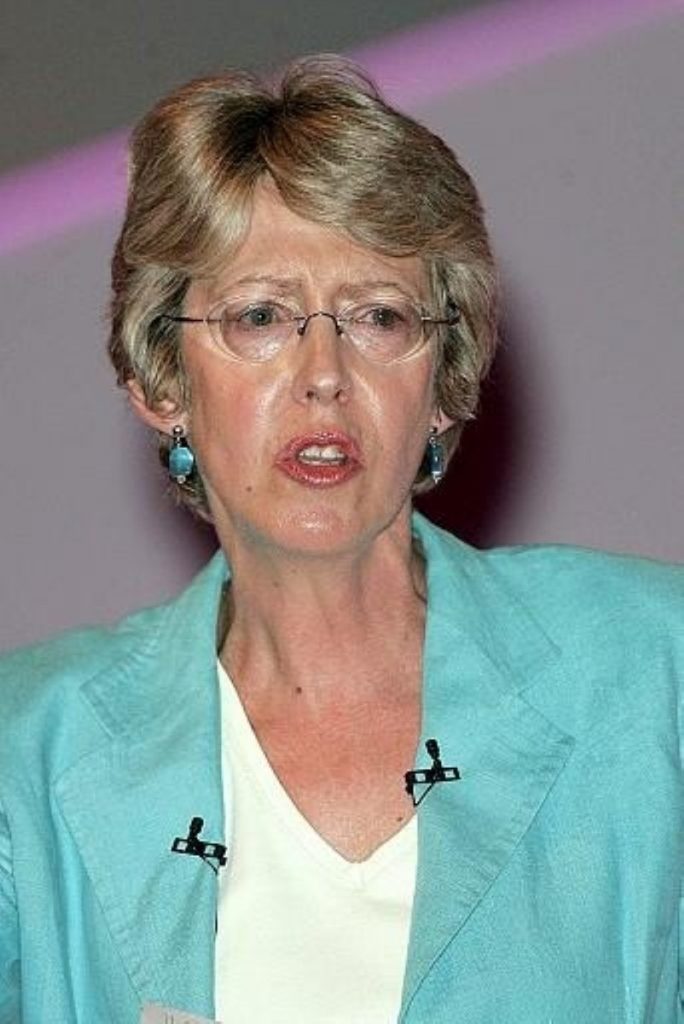Hewitt: Mental health bill enables community care
Mental health laws must be updated to reflect the increasing emphasis of care in the community, the health secretary Patricia Hewitt told MPs last night.
But in so doing, the government has struck the “right balance” between safeguarding patients’ rights and public protection, she told the Commons during a debate on the mental health bill.
The controversial bill received its second reading the House of Commons without a vote, but opposition MPs continued to make their criticisms known. Both the Conservatives and the Liberal Democrats warn that measures contained in the bill could deter patients from seeking treatment for mental health problems.
Mental health groups have also criticised the bill, in particular the inclusion of community treatment orders, which would forcibly subject mental health patients to treatment even if it would not benefit them.


Defending the bill, Ms Hewitt told MPs: “Modern medicine and clinical practice has shifted the whole focus of care into the community and the law needs to follow.
“The bill would, therefore, enable a patient who is detained in hospital to be released under supervised community treatment, enabling some patients to be discharged into the community earlier than would otherwise be the case-a real benefit for them and, often, for their carers, too.
The proposed law “strikes the right balance”, the health secretary concluded, “between modernising the legislation in line with the development of clinical practice, improving patient safeguards and protecting more people from harm.”
However, the Conservatives argued the idea of balance was a false dichotomy. Shadow health secretary Andrew Lansley accused the government of “forcing the argument in the direction they want to go”.
“Compulsion is not the only route to treatment,” Mr Lansley said. “Thousands of patients will access services without compulsion.”
Mr Lansley further warned that any moves towards compulsion must be accompanied by an increase in service provision, pointing to cuts in the number of NHS mental health beds.
In February, the Lords amended the bill to say treatment could only be ordered if it would benefit the patient. The government is now seeking to overturn the Lords’ amendments, but the Liberal Democrats and Conservatives, as well as the Mental Health Alliance, insist the government maintains the amendments.
“It would be wholly unacceptable if the government sought to force through the original bill without proper safeguards in place; it would be contrary to the interests and rights of people with mental health problems and would not be in the public interest,” said Lib Dem health spokesman Norman Lamb.
Ministers are expected to challenge the amendments at the bill’s report stage, but this will come at an awkward time for the government: With a likely timetable of mid to late May, the government will be forcing through an unpopular policy after Tony Blair is expected to have announced his resignation and politicking for the deputy leadership will be in full-swing.
With opposition from the Tories and Lib Dems, just three dozen Labour rebels are needed to upset the bill.









